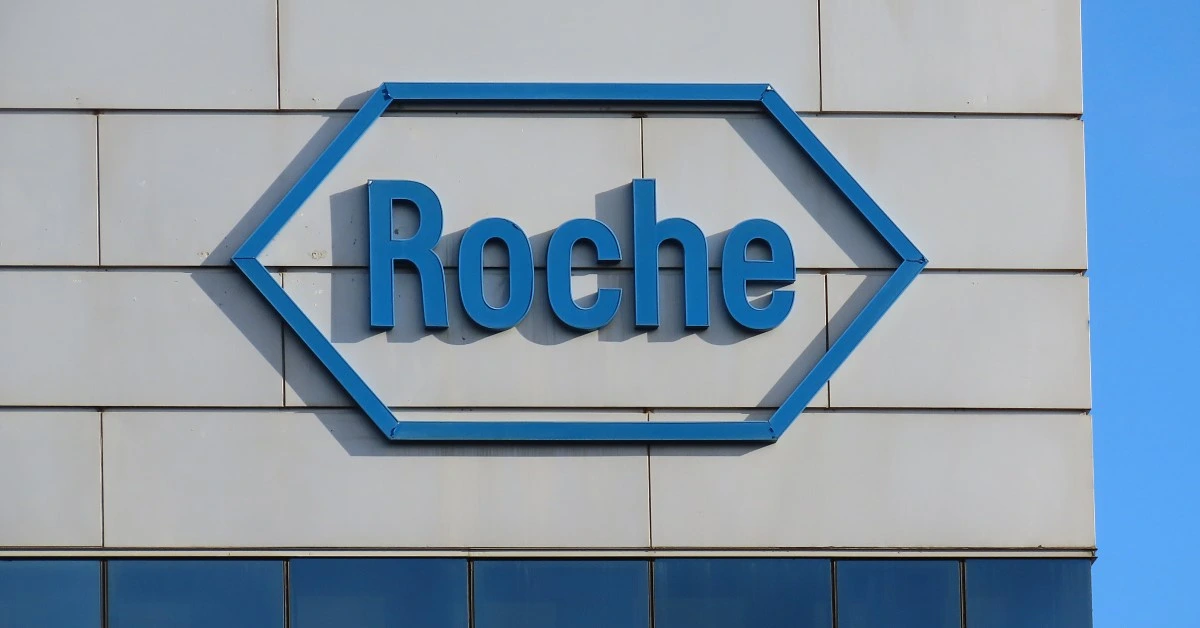
SWITZERLAND – Roche is ramping up its commitment to gene therapy by partnering with Dyno Therapeutics in a new agreement that could exceed US $1 billion.
This collaboration focuses on designing advanced adeno-associated virus (AAV) vectors, which are crucial for delivering gene therapies, particularly for neurological disorders.
Under the terms of the deal, Roche will provide Dyno with an upfront payment of US $50 million.
The objective is to leverage Dyno’s innovative technologies to engineer AAV vectors with enhanced functional properties tailored for Roche’s expanding neurological disease portfolio, which includes its blockbuster drug, Ocrevus, for multiple sclerosis.
“Dyno’s platform incorporates artificial intelligence and high-throughput in vivo data to help engineer and optimize AAV capsids,” the company stated.
Dyno’s technology allows for the assessment of the in vivo functionality of novel sequences at an unprecedented scale, reportedly analyzing billions of data points within a month.
Advantages of novel AAV vectors
Current AAV vectors, derived from naturally occurring viruses, face several limitations, including issues with preexisting immunity, liver toxicity, poor tissue targeting, and manufacturing difficulties.
Dyno believes that its engineered AAVs can overcome these challenges, providing better tissue targeting, immune evasion, and scalability.
This partnership builds on a previous collaboration initiated in 2020, which was aimed at developing gene therapies directed at the central nervous system and liver.
That initial deal had the potential to exceed US $1.8 billion in clinical and sales milestones. According to Dyno, the latest agreement “provides Roche further access” to its state-of-the-art platform.
Roche’s commitment to gene therapy
“Our previous collaboration with Dyno Therapeutics gives us great confidence to increase our investment in therapeutic gene delivery, to support our neurological disease portfolio,” said Boris Zaïtra, Roche’s head of corporate business development.
Roche’s journey into gene therapy gained momentum with its US $4.3 billion acquisition of Spark Therapeutics, the maker of Luxturna, in 2019.
However, despite this significant investment, Luxturna remains Spark’s only commercial product five years later.
Earlier this year, Roche also decided to discontinue a gene therapy candidate for Pompe disease after reviewing the competitive landscape.
A shifting landscape in gene therapy
Despite Roche’s ongoing investment in gene therapies, several major pharmaceutical companies have started to pivot away from AAV-based approaches.
For example, Takeda ceased its early-stage AAV discovery and preclinical work, while Pfizer has significantly reduced its internal research efforts in viral-based gene therapies.
The new agreement with Dyno comes at a critical time for Roche, especially after facing setbacks in the neurology sector, including the termination of its Pompe gene therapy program and the return of rights to UCB’s anti-tau antibody for Alzheimer’s disease.
Additionally, Roche experienced a high-profile failure with the anti-amyloid antibody gantenerumab and saw its anti-IL-6 drug, Enspryng, underperform in treating generalized myasthenia gravis.
XRP HEALTHCARE L.L.C | License Number: 2312867.01 | Dubai | © Copyright 2025 | All Rights Reserved